Cultural experts urge UN to protect Lebanon’s world heritage against Israeli attacks
Cultural experts have urged the United Nations to take immediate measures to protect Lebanon’s world heritage sites against Israeli attacks.
A large group of cultural professionals, including archaeologists and academics, called on the UN to safeguard war-torn Lebanon’s heritage in a petition published on Sunday ahead of a crucial UNESCO meeting.
In the petition, they urge UNESCO to protect Lebanese heritage sites by establishing “no-target zones” around them, deploying international observers and enforcing measures from the 1954 Hague Convention on cultural heritage in conflict.
“Lebanon’s cultural heritage at large is being endangered by recurrent assaults on ancient cities such as Baalbek, Tyre and Anjar, all UNESCO world heritage sites, as well as on other historic landmarks,” says the petition.
It calls on influential states to push for an end to military action that causes damage to sites, as well as adding protections or introducing sanctions.
Change Lebanon, the charity behind the petition, said signatories included museum curators, academics, archaeologists and writers in Britain, France, Italy and the United States.
In this regard, 300 prominent cultural figures signed the petition to UNESCO's chief Audrey Azoulay to safeguard Lebanese cultural sites by establishing several "no-target zones" around them.
The petition was published ahead of a UNESCO meeting in Paris. The 3-hour special session in Paris is scheduled to start at the UNESCO headquarters at 3:00 p.m. local time (14:00 GMT) on Monday
This is the fourth extraordinary meeting of the Committee for the Protection of Cultural Property at the request of Lebanon and with the support of two-thirds of the members of the Committee.
It will decide whether Lebanese cultural sites are under "enhanced protection."
"Enhanced protection" status gives heritage sites “high-level immunity from military attacks”, according to UNESCO.
“Criminal prosecutions and sanctions, conducted by the competent authorities, may apply in cases where individuals do not respect the enhanced protection granted to a cultural property,” it said.
“My heart is breaking. My soul is aching,” one archaeologist said, as Roman amphitheaters, crusaders’ citadels, and centuries-old souks are damaged, threatened, or destroyed in Israeli strikes in recent weeks on Baalbek in the east and Tyre in the south.
In one of several Israeli strikes in past weeks, the Roman temples of Baalbek, designated as UNESCO World Heritage sites, came under attack in Lebanon’s eastern Bekaa Valley
According to the local authorities, Israeli forces struck a heritage house, damaging the historic site.
The region’s governor said “a missile fell in the car park” of a 1,000-year-old temple, the closest strike since the start of the war.
The ruins host the prestigious Baalbek Festival each year, a landmark event founded in 1956 and now a fixture on the international cultural scene, featuring performances by music legends like Oum Kalthoum, Charles Aznavour and Ella Fitzgerald.
Lebanon, which is located on the eastern shore of the Mediterranean has been at the crossroads of ancient civilizations and boasts a rich history. From ancient times to the present, it has been part of the Persian, Roman and Muslim empires where people of different religions lived side by side till now in peace.
Numerous World Heritage Sites are located in Lebanon, including millennia-old archaeological sites, towns and temples. The historic village of Mhaibib, home to an ancient shrine, and the town of Nabatiyeh, which had a centuries-old market, have been destroyed in Israeli attacks.
UN General Assembly overwhelmingly adopts resolution urging end to Israel’s genocide in Gaza
IRGC Navy’s new drone to ‘surprise the world’: Commander
Iran expects major surge in Syria exports amid ongoing unrest
Ireland formally joins South Africa's genocide case against Israel at ICJ
Iran calls on UN Security Council to halt Israel’s aggression against Syria
World must mobilize to stop Israel from destroying Syria: Iran FM
VIDEO | Disputes over religious sites in India
VIDEO | Gaza solidarity on display in Tehran


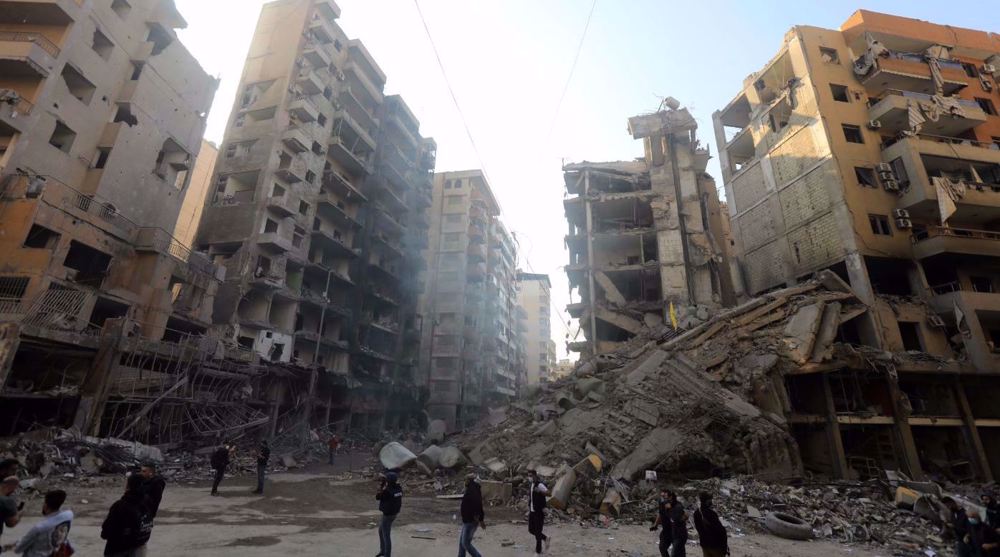
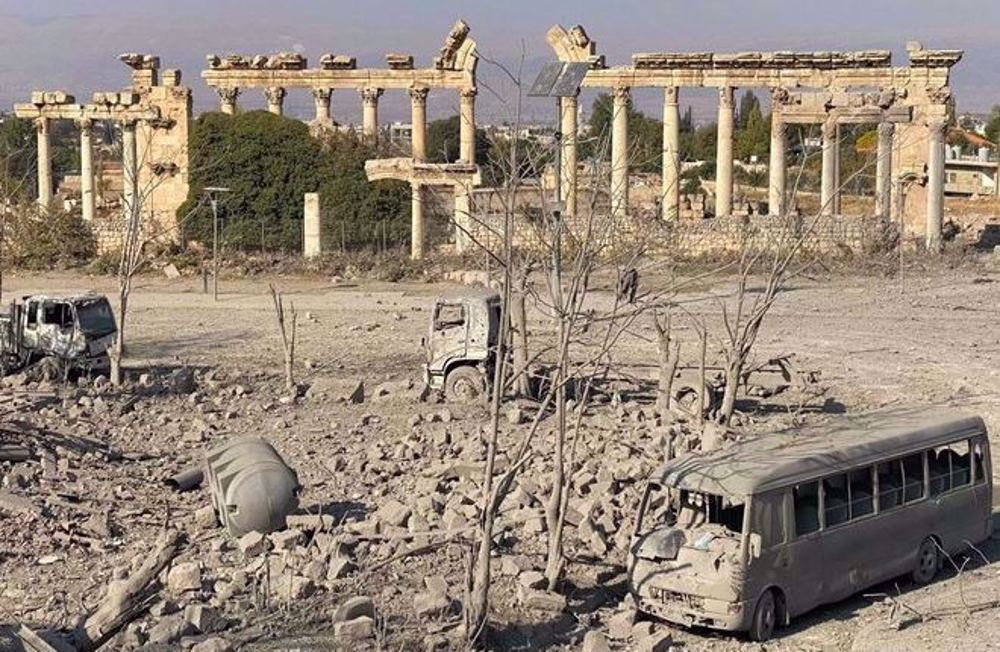
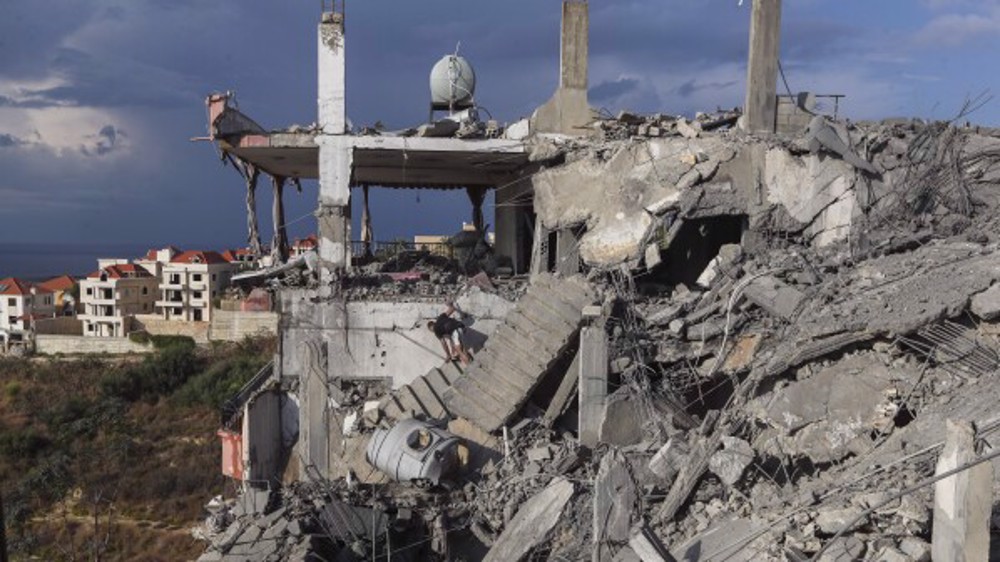
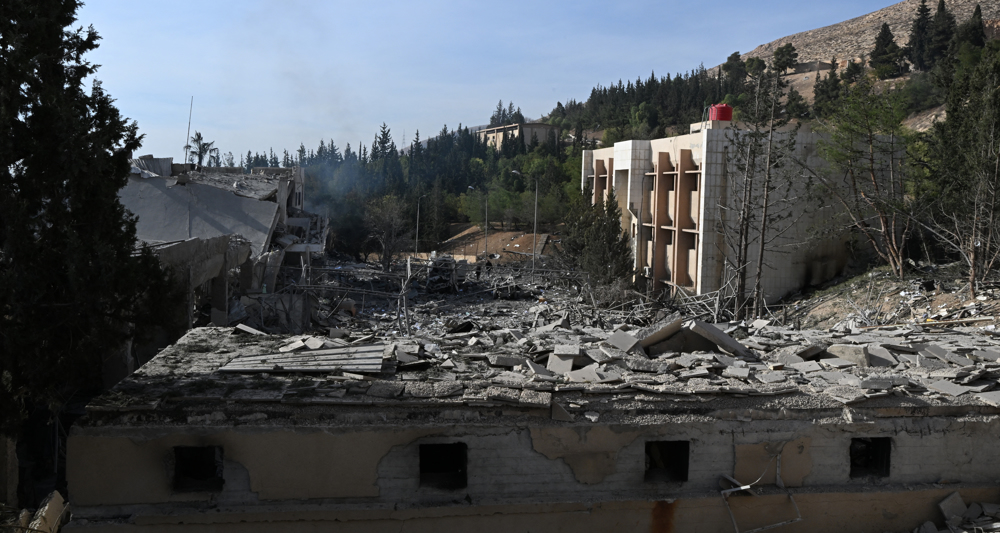




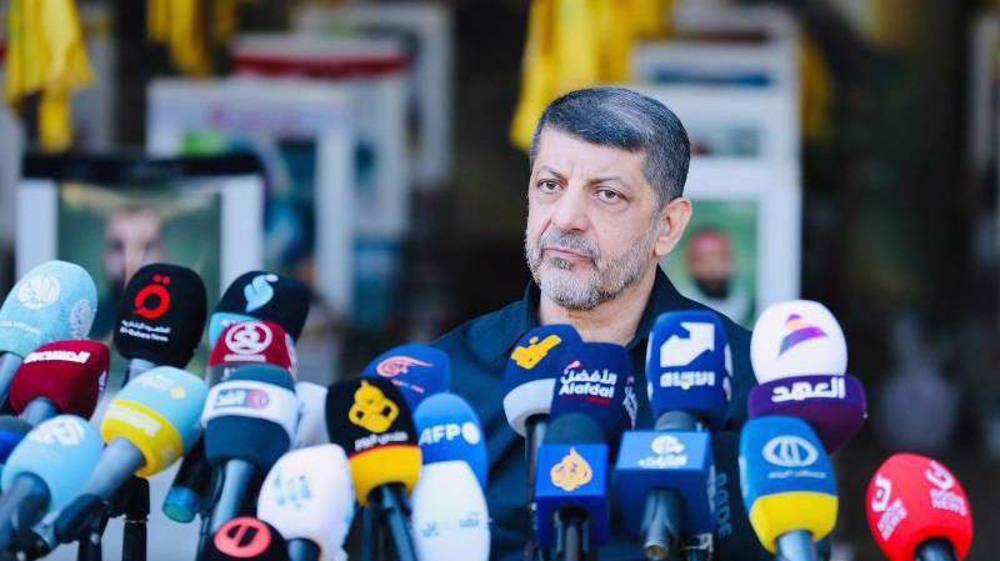
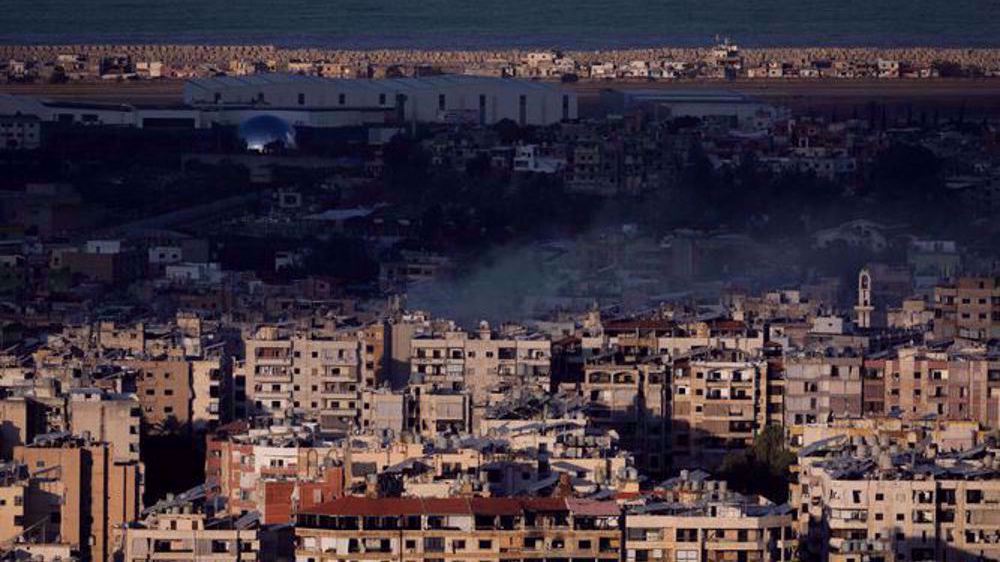

 This makes it easy to access the Press TV website
This makes it easy to access the Press TV website